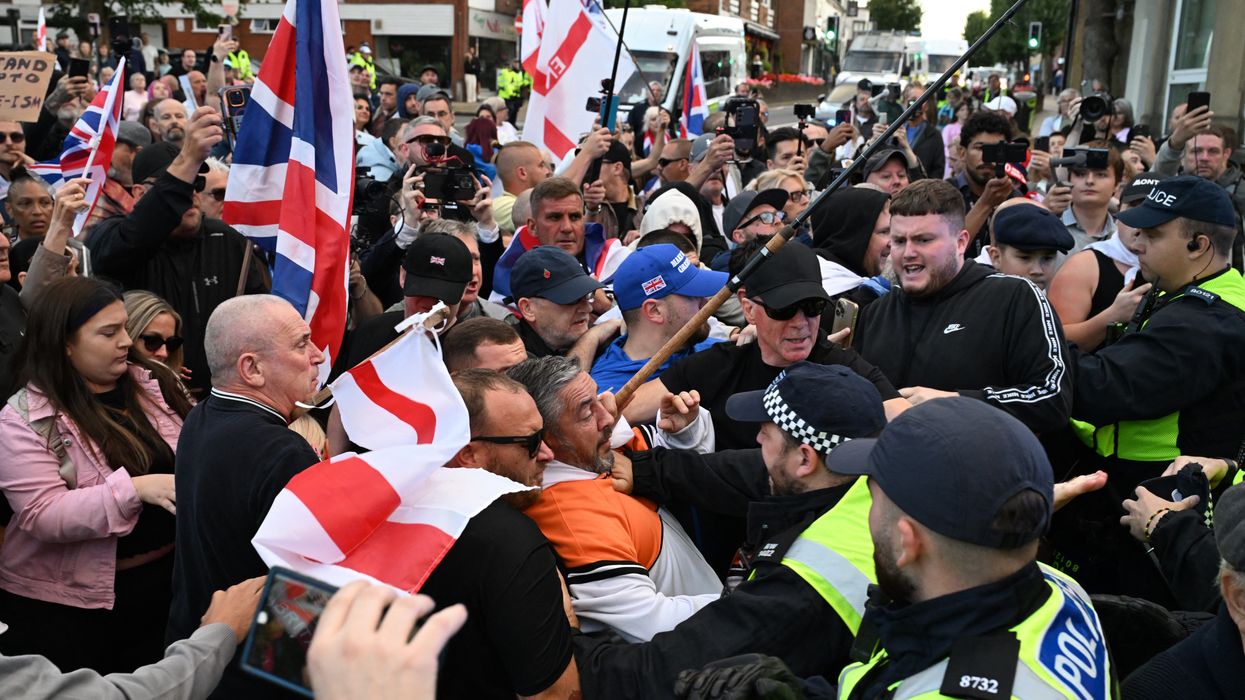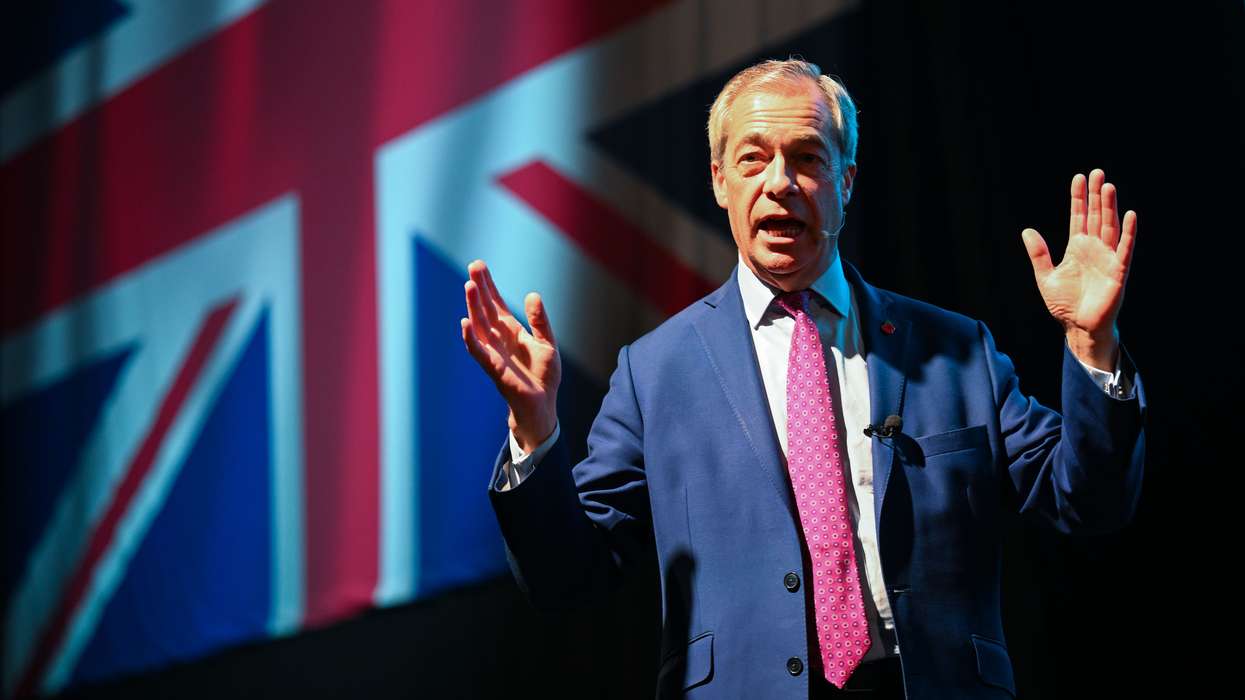August is dubbed 'the silly season’ as the media must fill the airwaves with little going on. But there was a more sinister undertone to how that vacation news vacuum got filled this year. The recurring story of the political summer was the populist right’s confidence in setting the agenda and the anxiety of opponents about how to respond.
Tensions were simmering over asylum. Yet frequent predictions of mass unrest failed to materialise. The patchwork of local protests and counter-protests had a strikingly different geography to last summer. The sporadic efforts of disorder came in the affluent southern suburbs of Epping and Hillingdon, Canary Wharf and Cheshunt with no disorder and few large protests in the thirty towns that saw riots last August. Prosecutions, removing local ringleaders, deter. Local cohesion has been a higher priority where violence broke out than everywhere else. Hotel use for asylum has halved - and is more common in the south. The Home Office went to court to keep asylum seekers in Epping’s Bell Hotel, for now, yet stresses its goal to stop using hotels by 2029. The Refugee Council’s pragmatic suggestion of giving time-limited leave to remain to asylum seekers from the five most dangerous countries could halve the need for hotels within months.
The drumbeat from hyping up the asylum protests helped those trying to shift the political argument to the right. Reform leader Nigel Farage set out his plans on asylum: to abolish it entirely. Any asylum seekers who did arrive would be sent somewhere, anywhere else - perhaps to a faraway island, or back to the regimes they had fled. Farage’s opponents offered the most muted criticism. Opposition leader Kemi Badenoch declared he had copied the Conservatives’ homework. The government’s main point was that Farage had not shown how it would all work in practice. The Taliban said they would be delighted for Farage to deliver those who had fled their persecution back into their clutches - and would hardly need a cash bribe, too. Opinion polls showing broad public revulsion at this idea might yet encourage opponents to challenge the principles, not just the practicalities, of Reform’s plans.
A year ago, Farage said he would not pitch ‘mass deportation’ plans that were impossible to deliver. Doing exactly that, his former MP Rupert Lowe declared this a victory for the online right - but said he would keep pushing for a ‘proper deportations’ plan to remove many millions of legal migrants too. An increasingly radicalised Elon Musk critiqued Farage’s plans as “weak sauce”, promoting Tommy Robinson’s far right street protests and even the furthest right factions who decry Robinson for not advocating the forced deportation of British-born minorities too. Even as Musk shows no limits to which racists he will personally promote, the government stays mute on an epidemic of online racism. It is a strange world where the expectations we place on every primary and secondary school on British values, tolerance, respect and the rule of law go out of the window when the world’s richest man promotes neo-Nazis. If the government cannot find a voice to challenge racism, it can expect no credibility when it talks about community cohesion from ethnic minority Britons - nor, I would hope, from many of our fellow citizens too.
It was a summer when flags could be symbols of both pride and prejudice. We wore red and white face-paint in the Katwala household to cheer England’s Lionesses to winning the women’s Euros. The St George’s bunting in our High Street in Dartford has a welcoming intent, but the red paint crosses daubed messily on our street sign send a more intimidating message. An important British ethnic minority response - from the Windrush onwards - to those questioning our status as British has been that the racists should try to learn a little bit more of the history of our country. We should be loath to let our national flags be claimed as symbols of exclusion, by those of all ethnicities and faiths doing more to say and show what they can mean when we fly them together.
That depends on preventing the populist right setting the agenda by default. The irony of Farage being dubbed a populist is that he is often on the unpopular side of most major issues - slashing public spending, scrapping human rights, ditching closer UK-EU post-Brexit links, or not bothering about climate change. Yet Farage often speaks much more confidently for what a quarter of the public think than those who could try to mobilise the anti-populist majority. So the stakes are high for prime minister Sir Keir Starmer this autumn. If Starmer does not find a stronger response, populism may turn out to be more than a passing storm, exposing a lack of strategy, leadership, and ethics that could prove fatal for this government.




